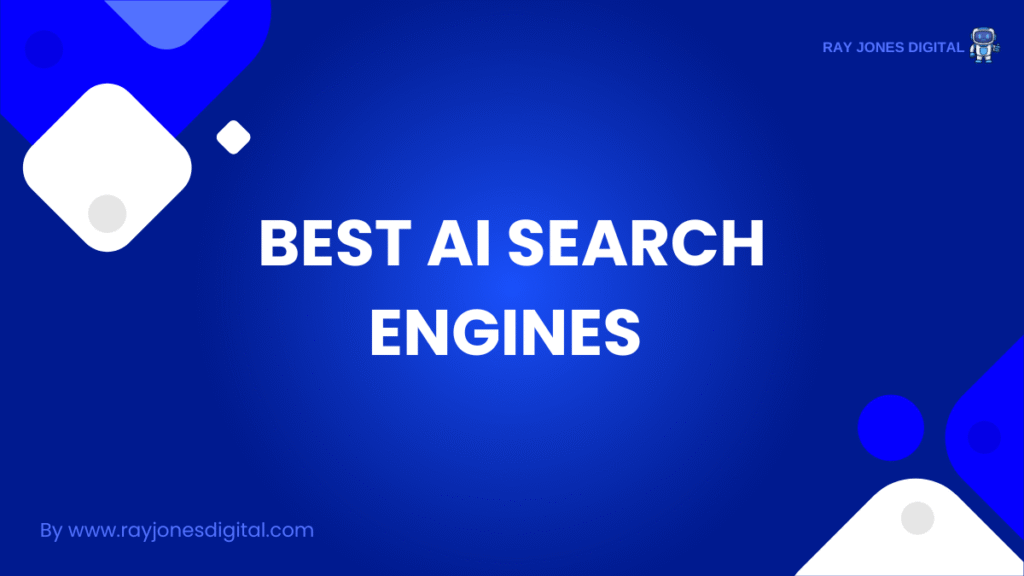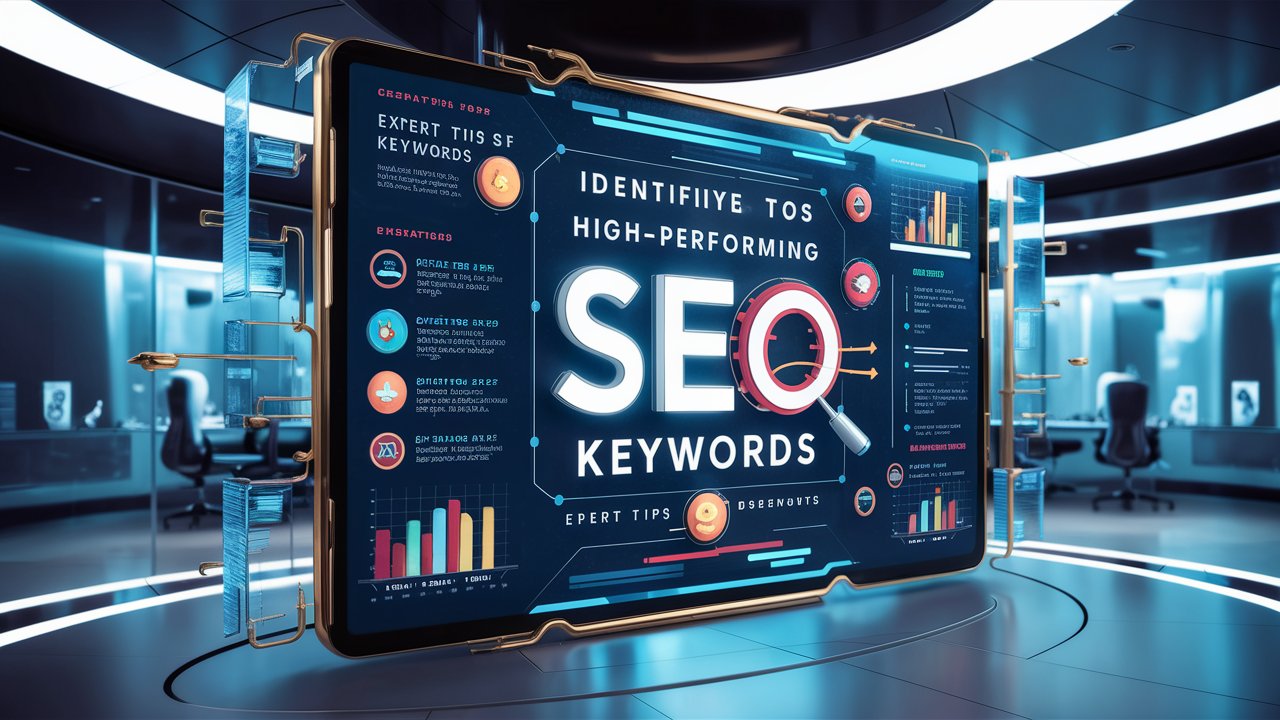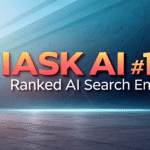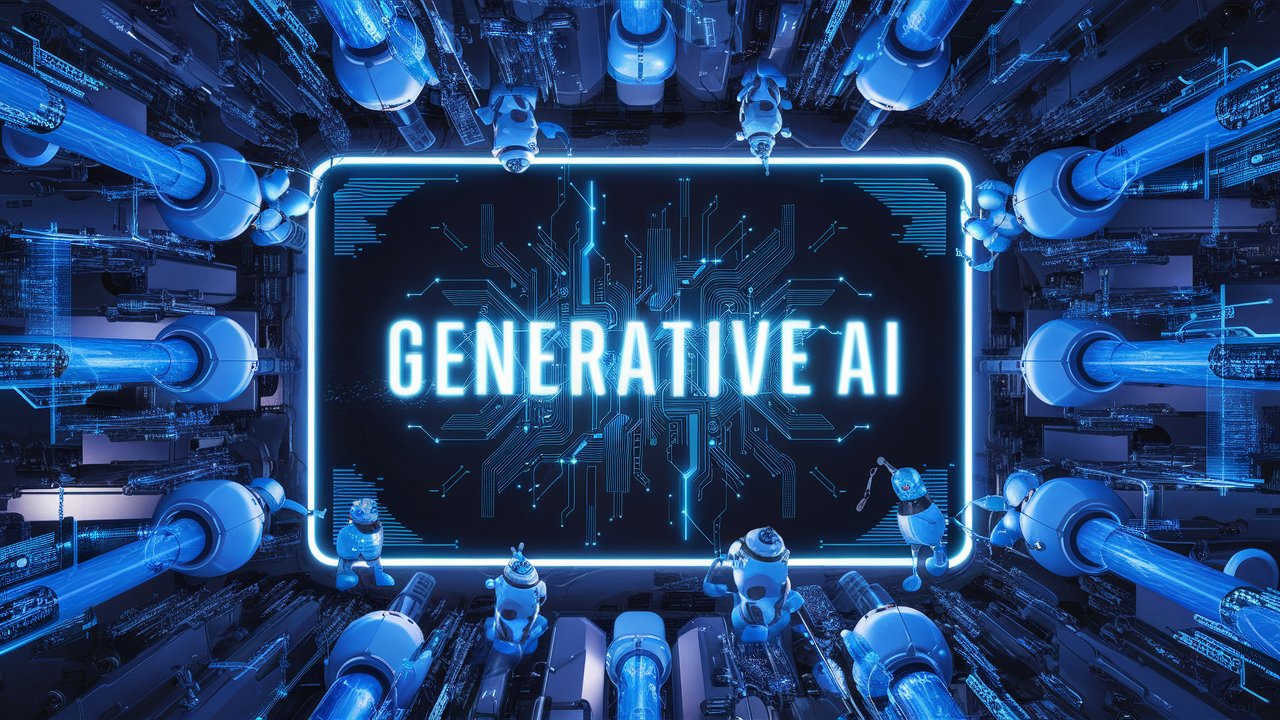
Traditional search engines have dominated the web for decades, but artificial intelligence is reshaping how we find information online. AI search engines don’t just match keywords—they understand context, generate comprehensive answers, and engage in conversational queries that feel natural and intuitive.
This comprehensive guide explores the leading AI search engines transforming digital discovery. You’ll discover how these platforms work, their unique features, and which ones best suit your research needs. Whether you’re a student, professional, or curious explorer, understanding these tools will revolutionise how you access information.
What Makes AI Search Engines Different?
AI search engines fundamentally differ from traditional platforms like Google or Bing. Instead of simply returning lists of links, they process your query using natural language processing and machine learning to provide direct, contextual answers.
These platforms can understand nuanced questions, maintain conversation context across multiple queries, and synthesise information from various sources into coherent responses. They’re designed to think more like a knowledgeable research assistant than a keyword-matching database.
Most AI search engines also offer features like source citation, follow-up question suggestions, and the ability to refine searches through natural conversation. This creates a more interactive and productive search experience.
Top AI Search Engines Worth Exploring
Perplexity AI
Perplexity AI has gained recognition for its clean interface and reliable source citations. The platform excels at providing well-researched answers with clear references to original sources, making it particularly valuable for academic and professional research.
The search engine offers both free and premium tiers. The free version provides solid performance for general queries, while the premium subscription unlocks advanced features like file uploads, image generation, and access to more powerful AI models.
Perplexity’s strength lies in its balanced approach—it provides comprehensive answers without overwhelming users with unnecessary information. The platform also suggests related questions, helping users explore topics more thoroughly.
You.com
You.com positions itself as a comprehensive AI search platform that combines traditional search results with AI-generated summaries. The interface allows users to switch between different modes, including web search, image search, and AI chat.
The platform’s unique selling point is its customisable search experience. Users can select different AI models for their queries and adjust settings based on their preferences. This flexibility makes it suitable for various use cases, from quick fact-checking to in-depth research.
You.com also integrates with popular productivity tools, allowing users to save searches, create collections, and share results with colleagues. This makes it particularly useful for team-based research projects.
Bing Chat (Microsoft Copilot)
Microsoft’s integration of AI into Bing has created a powerful search experience that leverages both web results and conversational AI. Bing Chat excels at handling complex, multi-part questions and can maintain context across extended conversations.
The platform’s integration with Microsoft’s ecosystem makes it particularly valuable for users already working within Office 365 or Windows environments. It can help with tasks ranging from writing assistance to data analysis.
Bing Chat offers different conversation styles—Creative, Balanced, and Precise—allowing users to tailor the response tone to their needs. This flexibility makes it suitable for both casual inquiries and professional research.
SearchGPT (OpenAI)
OpenAI’s entry into the search market brings the conversational abilities of ChatGPT to web search. SearchGPT excels at understanding complex queries and providing detailed, contextual responses.
The platform’s strength lies in its ability to handle abstract or philosophical questions that traditional search engines struggle with. It can engage in nuanced discussions about topics and provide multiple perspectives on complex issues.
SearchGPT also excels at creative tasks, helping users brainstorm ideas, solve problems, and explore hypothetical scenarios. This makes it valuable for educators, writers, and creative professionals.
How to Choose the Right AI Search Engine
Selecting the best AI search engine depends on your specific needs and use cases. Consider these factors when making your choice:
Accuracy and reliability should be your primary concern. Look for platforms that consistently provide accurate information and cite reliable sources. Test each engine with queries in your area of expertise to assess their performance.
Source transparency is crucial for professional and academic work. Choose engines that clearly cite their sources and allow you to verify information independently. This is particularly important for fact-checking and research purposes.
User interface and experience can significantly impact your productivity. Some platforms offer minimalist interfaces, while others provide more complex dashboards with advanced features. Choose one that matches your workflow preferences.
Integration capabilities matter if you use other tools for work or study. Some AI search engines integrate with popular productivity platforms, making it easier to save and organise your research.
Cost considerations are important for regular users. While many platforms offer free tiers, premium features often require subscriptions. Evaluate whether the additional features justify the cost for your use case.
Practical Applications for AI Search Engines
Academic Research
AI search engines excel at academic research by providing comprehensive overviews of complex topics. They can synthesise information from multiple sources, identify key themes, and suggest related research areas.
Students can use these platforms to understand difficult concepts, find relevant sources, and generate ideas for papers. The ability to ask follow-up questions makes it easier to explore topics in depth.
Researchers benefit from the ability to quickly assess the current state of knowledge in their field and identify gaps for further investigation.
Professional Development
Professionals can leverage AI search engines to stay current with industry trends, understand new technologies, and solve workplace challenges. The conversational interface makes it easy to explore complex business topics.
These platforms are particularly useful for learning new skills, understanding regulatory changes, and researching competitors or market opportunities.
Content Creation
Content creators can use AI search engines to research topics, verify facts, and generate ideas for articles, videos, or social media posts. The ability to ask specific questions about target audiences and content strategies makes these tools valuable for marketing professionals.
The platforms can also help with fact-checking and ensuring content accuracy, which is crucial for maintaining credibility.
Privacy and Ethical Considerations
AI search engines raise important questions about privacy and data usage. Most platforms collect and analyse user queries to improve their services, but the extent of data collection varies significantly.
Some engines store conversation history to provide personalised results, while others prioritise user privacy by minimising data retention. Review each platform’s privacy policy carefully, especially if you handle sensitive information.
Consider the ethical implications of AI-generated responses, including potential biases in training data and the risk of misinformation. Always verify important information from multiple sources, regardless of which AI search engine you use.
The Future of AI-Powered Search
AI search engines represent just the beginning of a fundamental shift in how we access and process information. Future developments will likely include better integration with personal devices, improved accuracy through advanced fact-checking, and more sophisticated understanding of user intent.
We can expect to see increased personalisation, with AI search engines learning individual preferences and providing tailored results. Voice integration will also become more sophisticated, making it easier to search while multitasking.
The competitive landscape will continue evolving as major technology companies invest heavily in AI search capabilities. This competition will drive innovation and improvements across all platforms.
Making the Most of AI Search Technology
AI search engines offer unprecedented capabilities for finding and synthesising information, but they work best when users understand their strengths and limitations. Experiment with different platforms to find those that best match your needs and workflow.
Start by identifying your primary use cases—whether that’s academic research, professional development, or creative projects. Then test several platforms with typical queries to assess their performance and user experience.

I am Ray Jones Digital
My current occupations: a Digital Marketer, Local SEO expert, Link Builder, and WordPress SEO specialist. Shopify SEO, Ecommerce Store Management, and HTML & WordPress Developer I have been practicing the above mentioned services for more than 10 years now As an SEO expert working with your ongoing projects.



